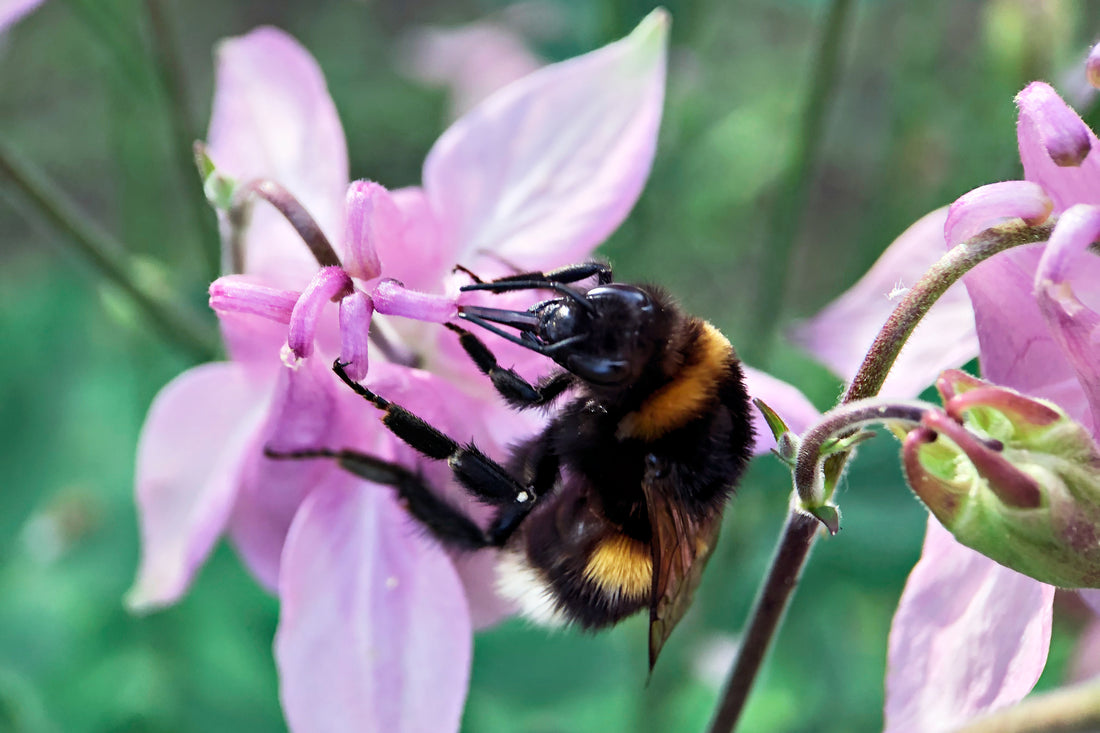Wild bumblebees, long admired for their role in pollination, have now amazed scientists with their ability to reason logically—something previously thought to require more complex neurological structures. A new study by the University of Stirling has shown that bumblebees are capable of inferential reasoning, a key form of logical thinking that involves solving problems with incomplete information.
The Study: A Test of Bumblebee Intelligence
The study, led by Dr. Gema Martin-Ordas, a senior lecturer in psychology at the University of Stirling, involved training wild bumblebees to find sugar-coated strips of paper. These strips were placed in different positions and colours, with the bees expected to make decisions based on where the correct strip was located. Remarkably, the bees managed to find the right strip significantly more often than by chance, showing their ability to reason logically.
The experiment is groundbreaking because inferential reasoning—the ability to exclude incorrect options and make decisions based on limited information—is typically considered a hallmark of larger brains. In this study, it was shown that insects, specifically bumblebees, can use this type of reasoning to solve problems.
Dr. Martin-Ordas explains: “Inferential reasoning is a logical process that allows organisms to make decisions by ruling out alternatives. For example, if I see that one cup is empty, I can logically infer that the hidden reward must be in the other cup. This ability has now been demonstrated in bumblebees, showing that language and large brains are not necessary for this type of reasoning.”
Why This Matters: Bumblebees and Conservation
This discovery is not only a remarkable insight into the cognitive abilities of insects but also has important implications for conservation efforts. Bumblebee populations, especially in the UK, are in decline. Two species have gone extinct, and many others are considered at risk due to habitat loss, pesticides, and climate change.
Dr. Martin-Ordas highlights the connection between cognitive research and conservation efforts: “Bee decline has become a symbol of environmental deterioration, which has spurred public interest in protecting these vital pollinators. The more we learn about their remarkable abilities, the more we can appreciate their value in ecosystems.”
Understanding the cognitive abilities of bumblebees could potentially support efforts to protect them, emphasizing their complexity and importance in maintaining biodiversity.

